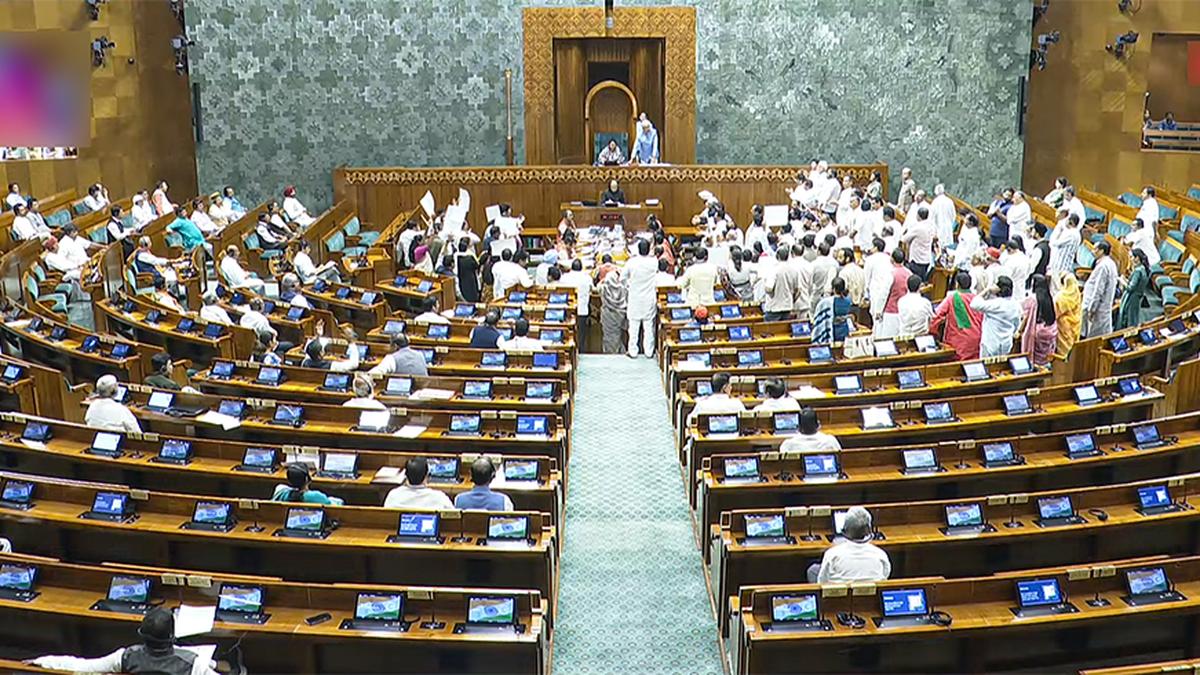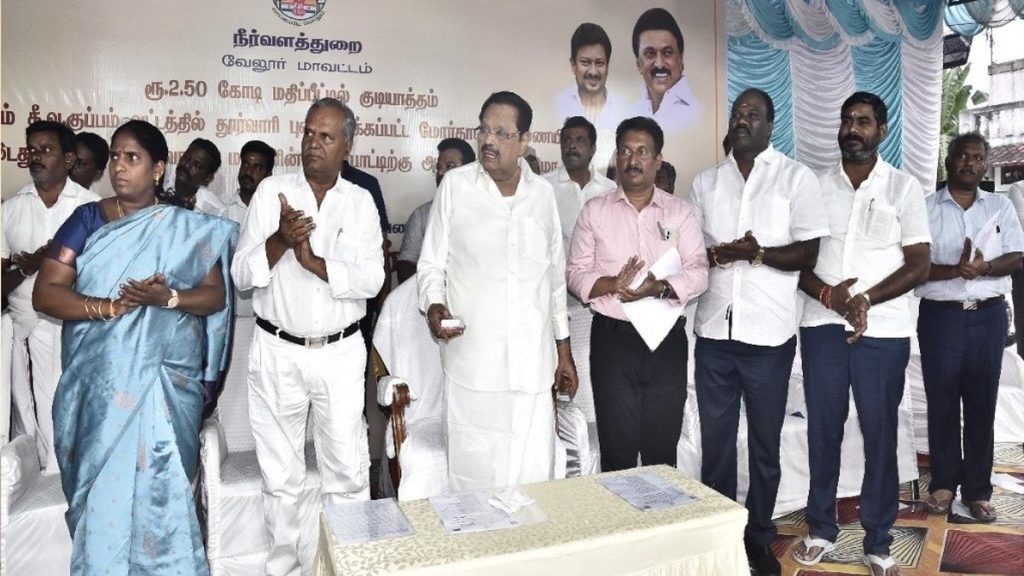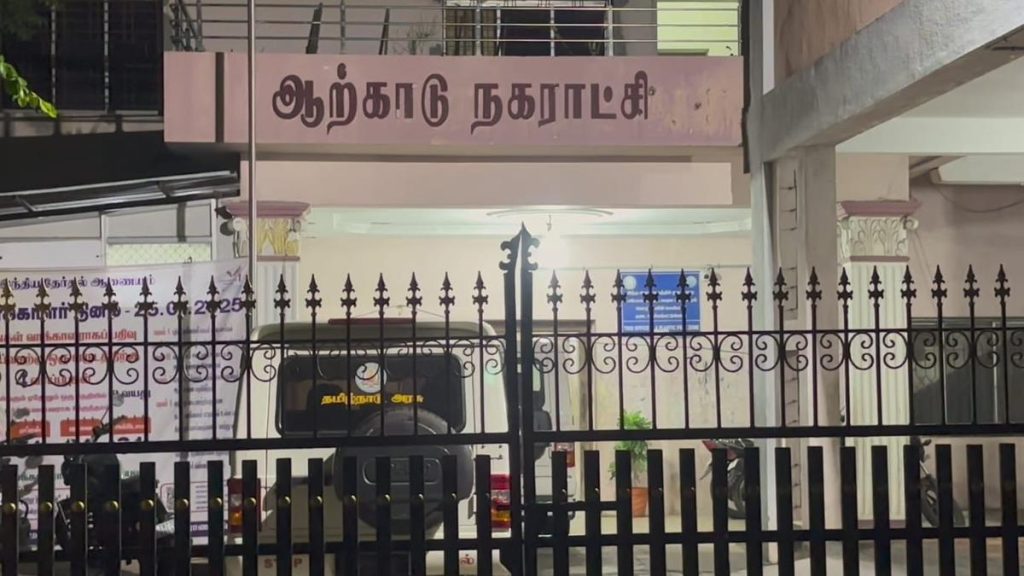Now Reading: Opposition Calls for Joint Parliamentary Review of Sports Bills
-
01
Opposition Calls for Joint Parliamentary Review of Sports Bills
Opposition Calls for Joint Parliamentary Review of Sports Bills

Swift Summary
- On August 6, 2025, opposition leaders from various parties wrote to Lok Sabha speaker Om Birla requesting referral of the National Sports Governance Bill, 2025 and the National Anti-Doping (Amendment) Bill, 2025 to a Joint Parliamentary Committee (JPC).
- The letter highlighted the bills’ wide-ranging reforms in sports governance and their potential impact on Indian sportspersons,federations,and international standing.
- Key signatories included leaders from Congress (K.C. Venugopal), NCP (Supriya Sule), DMK (K.Kanimozhi), shiv Sena UBT (Arvind Sawant), TMC (Kakoli Ghosh Dastidar), among others.
- the Opposition emphasized that deeper stakeholder consultations through a JPC would enhance clarity and align provisions with international standards.
- Amid protests over unrelated issues surrounding electoral rolls in bihar by the Opposition, the government managed to pass these bills in Lok Sabha.
Indian Opinion Analysis
The debate surrounding the National Sports Governance Bill and National Anti-Doping Bill raises significant questions about reforms aimed at regulating sports bodies effectively. While these bills target enhancing ethical oversight, transparency, and anti-doping frameworks-essential for progress-they also underline concerns about unilateral parliamentary processes that bypass broader consensus mechanisms such as a Joint Parliamentary Committee. By urging referral of these vital legislative proposals to a JPC for scrutiny, opposition leaders highlight India’s need for inclusive policymaking approaches that consider diverse perspectives critical to national interest.
If implemented effectively after deeper consideration of expert opinions and stakeholders’ input through a JPC process or otherwise acceptable means-India stands to strengthen its sports governance systems domestically as well as improve stature internationally within sporting ecosystems.This situation exemplifies balancing reform urgency against robust deliberative processes when policymaking intersects complex domains like sports regulation.
Read more: Link
























